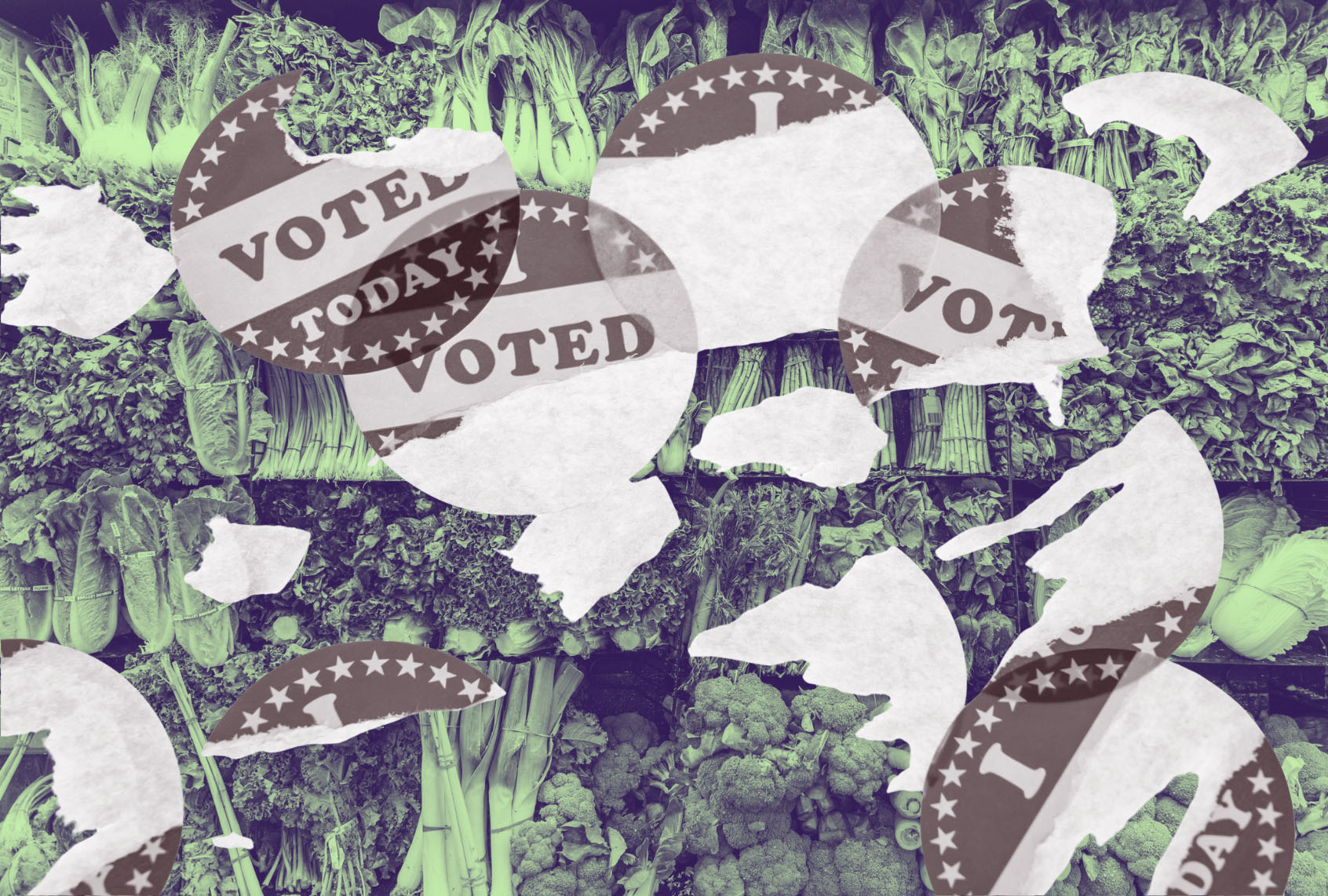In 2004, Phil Bredesen, the former Democratic governor of Tennessee, made significant changes to the state’s Medicaid program, TennCare, such as eliminating eligibility expansions. The state-federal program was established in 1965 to provide health coverage for low-income people. It was known to be one of the country’s most generous Medicaid programs. But Bredesen said it had become “unsustainable” to maintain, and that the budget needed to be trimmed back to something that the state could afford. At the time, patient advocacy groups warned it would take away health insurance from hundreds of thousands of people. Researchers later found the policies resulted in the removal of coverage for an estimated 3 percent of all Tennesseans. While people’s individual health suffered, researchers found another consequence of the move: a decline in voter turnout.
“We find that in counties with the largest Medicaid losses, there were the sharpest declines in voter turnout in the gubernatorial election following the cuts,” Jamila Michener, who co-authored the research, told Salon. Specifically, counties with larger Medicaid enrollment declines saw larger decreases in voter turnout between 2002 and 2006.
“The main takeaway is that large-scale loss of public benefits can be demobilizing, just as large-scale gains can be mobilizing,” said Michener, who is an associate professor of government at Cornell University, where she studies poverty, racial inequality and public policy.
Today, the United States is in the middle of a crisis as a result of the longest government shutdown in U.S. history. The ongoing shutdown meant SNAP benefits were bound to lapse. Most recently, the Trump administration said it would partially fund the federal assistance program following a court order. Still, this would leave millions of low-income Americans without their full food assistance benefits.
Research published on Nov. 7 in the journal Pediatrics showed even children with SNAP benefits are food insecure — particularly those who are older, with public or no insurance, with special health care needs, and from lower-income households. Partially-funded assistance will be harmful for many families. And it’s not just SNAP that’s faced an uncertain future. Since the Trump Administration has taken office, other publicly funded programs like Medicaid have been on shaky ground as well.
“Crises tend to cascade and compound. As this happens, people are less likely to vote.”
Michener said that losing food benefits is not only a crisis in itself, but it can lead to other crises. For example, if a family has to re-route money that would have been used to pay rent or insurance to pay for food, that could risk a family facing eviction or losing health insurance.
“Crises tend to cascade and compound,” Michener said. “As this happens, people are less likely to vote.”
There are important exceptions, she said. For example, when there’s a personal crisis, it can boost political participation “in the context of high political saliency and clarity of perceived responsibility,” citing research in the journal Political Behavior.
Indeed, some crises — like natural disasters — can mobilize people to take action in the immediate aftermath. Sociologists refer to a community coming together in the wake of a crisis as “bounded solidarity” because people are bound by the crisis. Alejandro Portes, a prominent sociologist at Princeton University, first introduced the term in a paper published in The Annual Review of Sociology in 1998.
“It is a source of social capital that is elicited by providing people feeling a sense of communality or loyalty with others in their own particular community,” he told me in a phone interview for my book “Your Brain on Altruism.” It briefly causes people to see themselves as a collective, not as individuals and can create a different kind of solidarity than what exists in non-crisis times. But that usually fades over time.
Start your day with essential news from Salon.
Sign up for our free morning newsletter, Crash Course.
It’s possible, Michener said, that a looming loss of SNAP benefits could have actually motivated people to vote in the Nov. 4 elections because the full effects hadn’t been felt yet.
“A direct loss of resources can sometimes dampen political participation, but since most people haven’t felt those losses for very long at this point, that is not likely for yesterday’s election,” Michener told Salon, after the election. “Instead, the threat of losing food support creates a crisis for many people, and the salience of the issue could have motivated them to vote in response.”
We need your help to stay independent
But overall, chipping away at public benefits harms democracy and can lead to a decline in voter turnout.
“Public benefit losses politically demobilize and demoralize low-income Americans — the very people who already struggle to have voice and influence in politics, and the people who have the most at stake in holding elected officials accountable,” Michener said. “This puts all of democracy on shakier ground; no matter which party ‘wins,’ democracy loses.”
Read more
about this topic


